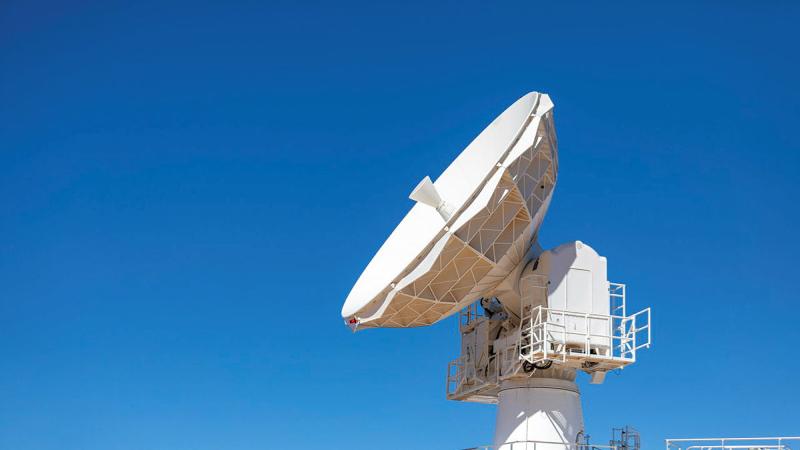If journalism in Western democracies has been on a roller coaster in recent decades, in Aotearoa New Zealand this week it threatened to come right off the rails.
Author
Greg Treadwell
Senior Lecturer in Journalism, Auckland University of Technology
Today’s by owners Warner Bros Discovery of the closure of by the end of June will leave only state-funded TVNZ and Whakaata Māori providing public-interest, free-to-air broadcast news.
The impact on the country’s already shrinking and fragile public sphere will be considerable, as yet another tranche of sacked New Zealand journalists goes looking for work.
Up to 350 jobs will go, .
The brutal nature of the decision, and the apparent disregard for affected staff, echoes of Mediaworks’ Today FM radio station. It should be yet another wake-up call about the vulnerability of the country’s precious and struggling news media to global investment priorities.
Diversity and competition
The news media is core infrastructure for a democracy. Any attempt at a self-governing society requires a well-informed and, to some degree, unified public.
Today, we understand this to mean media that act as the conduit for a significant plurality of voices, ideas and political arguments. And a healthy and diverse media ecosystem is required to enable this.
Yes, television is now less central to our wider, mobile-based news consumption. But to have just one prime-time mainstream television news service for the entire country is a disaster.
TVNZ on its own will not be able to reflect the complex, multicultural and socially diverse country New Zealand is. Neither will it have the competition essential to doing its best work on behalf of the public.
And yet, despite warnings sounded since the internet began to erode news media income, the public sphere has been left to the vagaries of global markets – even more than other socially critical sectors such as education and health.
Loss of trust
Discovery New Zealand in 2022 of more than NZ$34 million, up $800,000 on the previous year. Hence the decision of its owner, global media behemoth Warner Bros Discovery, to take out another foundation of the already teetering local news industry.
Politicians murmur about how terrible it is, but argue they can do nothing to save Newshub. The impacts of that impotence are as significant as any other challenge the local media face.
Broadcasting minister Melissa Lee there would be no loss of plurality in the national conversation because of the closure. She said most New Zealanders now get their news on mobile phones.
But television news also relies on social media, not just the airwaves, for its dissemination. If people are looking on their phones for news, the stories from one of the country’s most impactful newsrooms will no longer be there.
Emergency funding through the government’s $55 million public-interest journalism fund helped during the pandemic lockdowns. But it also triggered allegations from right-wing pundits and politicians that the media .
Research conducted at the Centre for Media, Journalism and Democracy () shows dramatically in Aotearoa New Zealand. Early results from this work in 2024 show that decline is accelerating.
The reasons for this loss of trust are complex and are under further study at JMAD. Indeed, the news media itself must look long in the mirror as it works through its trust issues. How did it lose the audience so badly?
But any attempts at rebuilding that trust and its role in a functioning democracy will be futile if the public perceives the production of news to be now largely controlled by self-interested global corporates.
Journalism as a public good
Poor media literacy, active conspiracy theorists, and decades of underfunding of journalism have likely all contributed to the increasing rejection of mainstream news media.
However, it would be foolish to think trust in democratic media can be rebuilt when the industrial forces behind it have only a financialised interest. If news is the daily record of human life, how can it be left to something as remote and disinterested as a global corporation?
None of this is to say the mainstream media should be viewed as entirely trustworthy. Some scepticism of everything, including news, is healthy in a democracy. We need critically thinking and politically active citizens challenging many things, including mainstream media news agendas.
But those serious about democracy understand the mainstream is where society is anchored, stable and productive.
The dangers of an increasingly fragmented and reduced mainstream media are real. It includes leaving open ground for radicalised actors to occupy and facilitate further social disharmony. If things fall apart and the centre cannot hold, as the poet , “mere anarchy is loosed upon the world”.
The time to restore journalism as a public good and not simply a plaything for shareholders and other investors is overdue. The news in Aotearoa New Zealand today simply confirms that.
![]()
Dr Greg Treadwell is a former journalist who works at Auckland University of Technology and is a researcher in its Centre for Journalism, Media and Democracy. He is currently vice-president of the Journalism Education Association of New Zealand.








